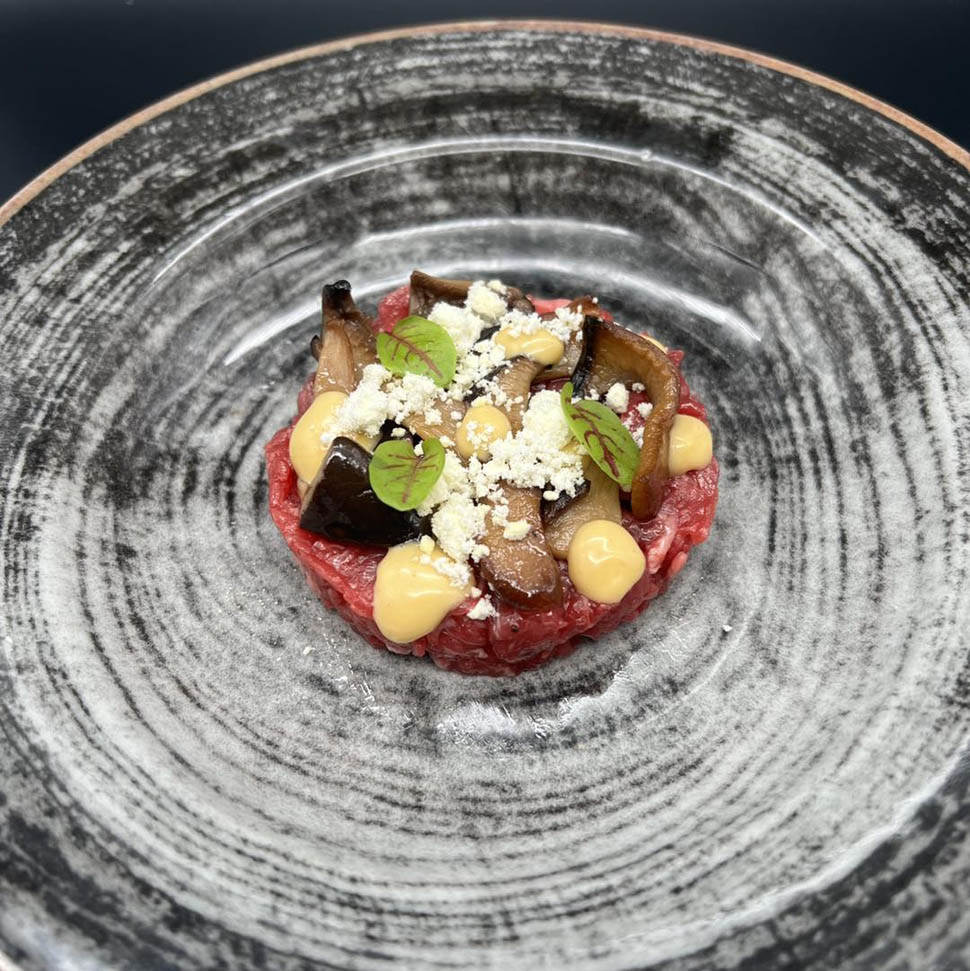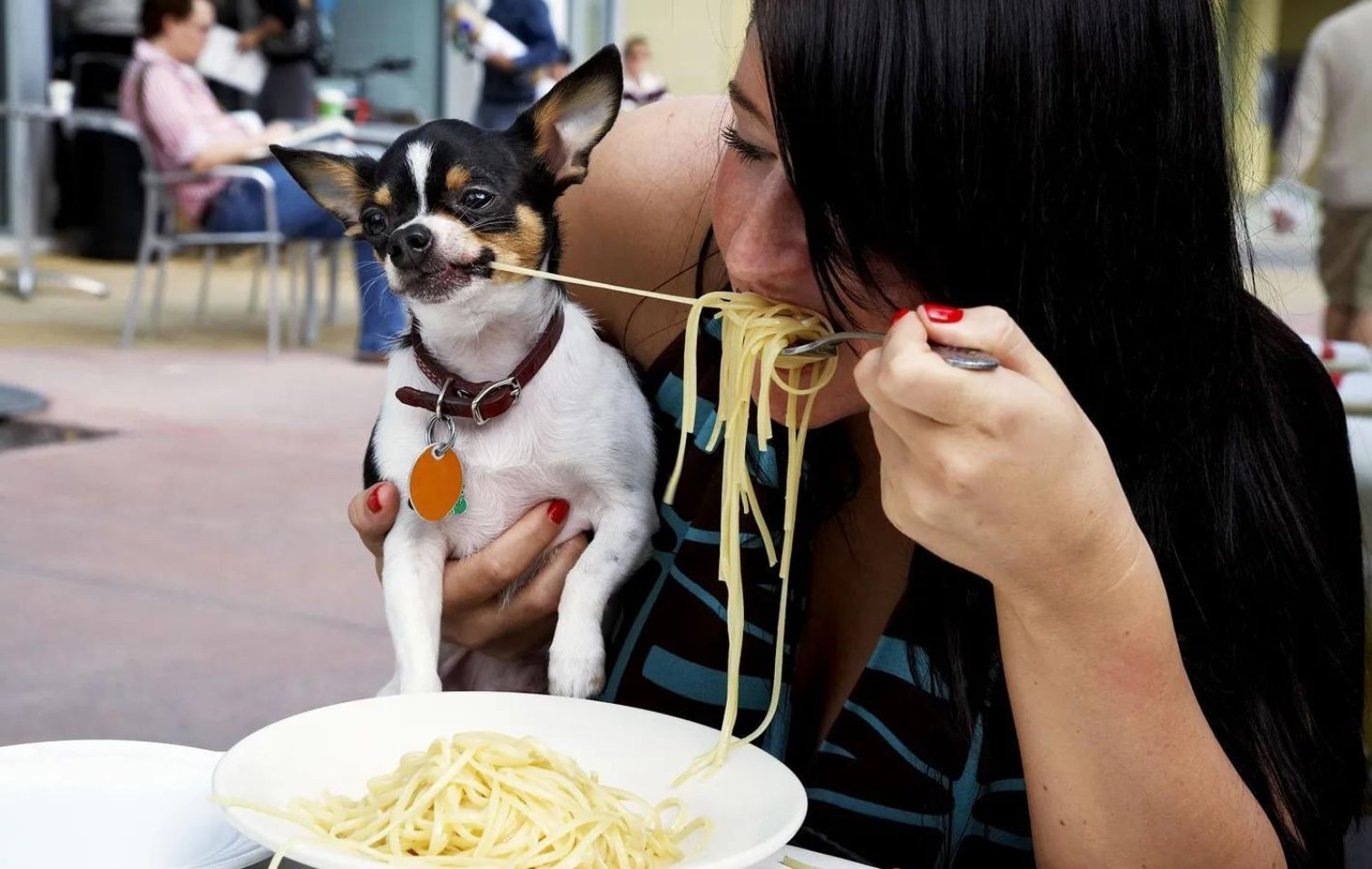Can you bring your dog to the restaurant? To answer this question correctly, we need to know what the law and the Ministry of Health say. There are also some special cases, like the first establishment entirely dedicated to Fido.
Cove photo by: Dan Hallman, Getty Images
Rules for dogs at the restaurant
Can dogs enter the restaurant? And at a bar? To answer this question correctly, we must refer to the law, as highlighted by the consumatori.it website. First and foremost, it is essential to distinguish between public and private places: "public" places are those owned by the state, accessible to the public (such as offices and, in general, public facilities), while "open to the public" are privately owned places accessible to the public according to the rules and limitations set by the owner or manager.
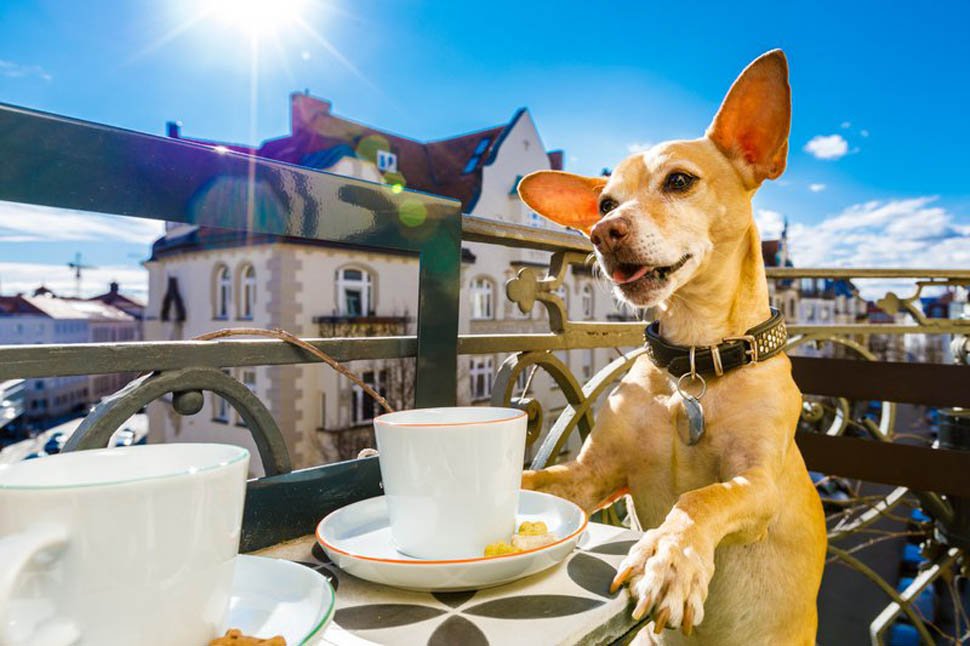
The Veterinary Police Regulation states that dogs can be brought into streets or other places open to the public only if they are leashed or muzzled. They must simultaneously have both the leash and muzzle when taken on public transportation or in public places. And at the restaurant? Recently, the Ministry of Health has validated the FIPE Manual (Italian Federation of Public Establishments), stating that dogs are allowed in public areas of bars and restaurants, provided they are leashed and muzzled. The prohibition remains in place for introducing dogs or other pets into areas where food is prepared, handled, treated, and stored, such as kitchens.
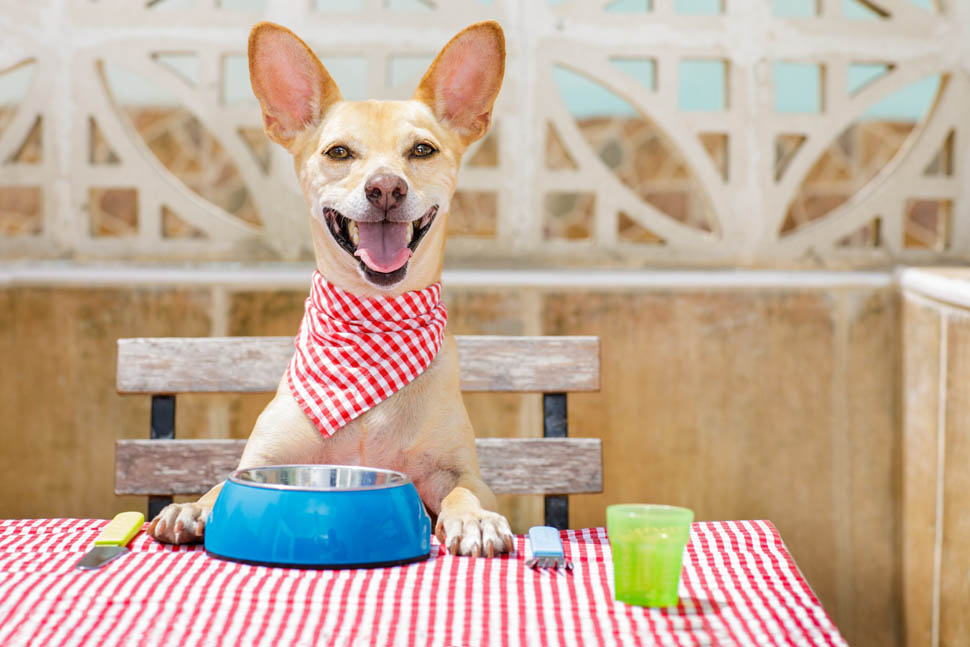
In two subsequent notes (n. 11359/2017 and n. 23712/2017), the Ministry specified that within or outside retail food establishments, specific premises or spaces can be arranged to accommodate animals. In cases where local regulations authorize the entry of animals into sales spaces, the operator must ensure that animals cannot come into direct or indirect contact with food, both bulk and packaged. Therefore, there is no absolute ban on dogs entering commercial establishments, but special precautions must be observed in those where food substances are present.
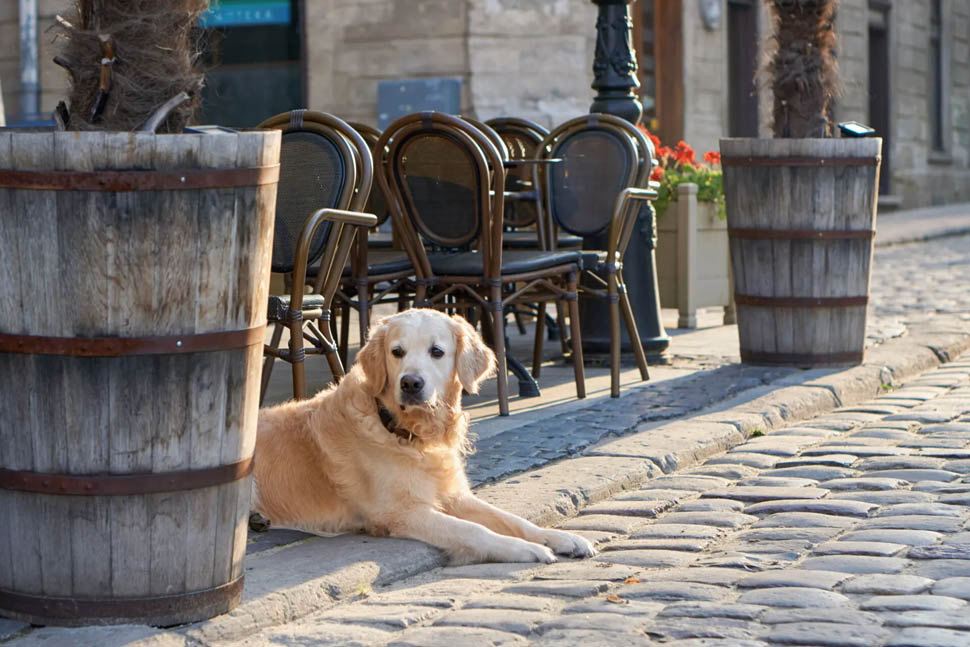
Keep in mind that the owner or manager of a public facility can decide not to allow your animals to enter: it is a legitimate position. Sometimes, however, specific local regulations exist through which municipalities can impose that business operators wishing to exercise the right to prohibit customers from introducing animals must request and obtain authorization, effectively "endorsing" such a ban. In this case, there is also an obligation to display a sign at the entrance, in a clearly visible position, stating that animals are not allowed.
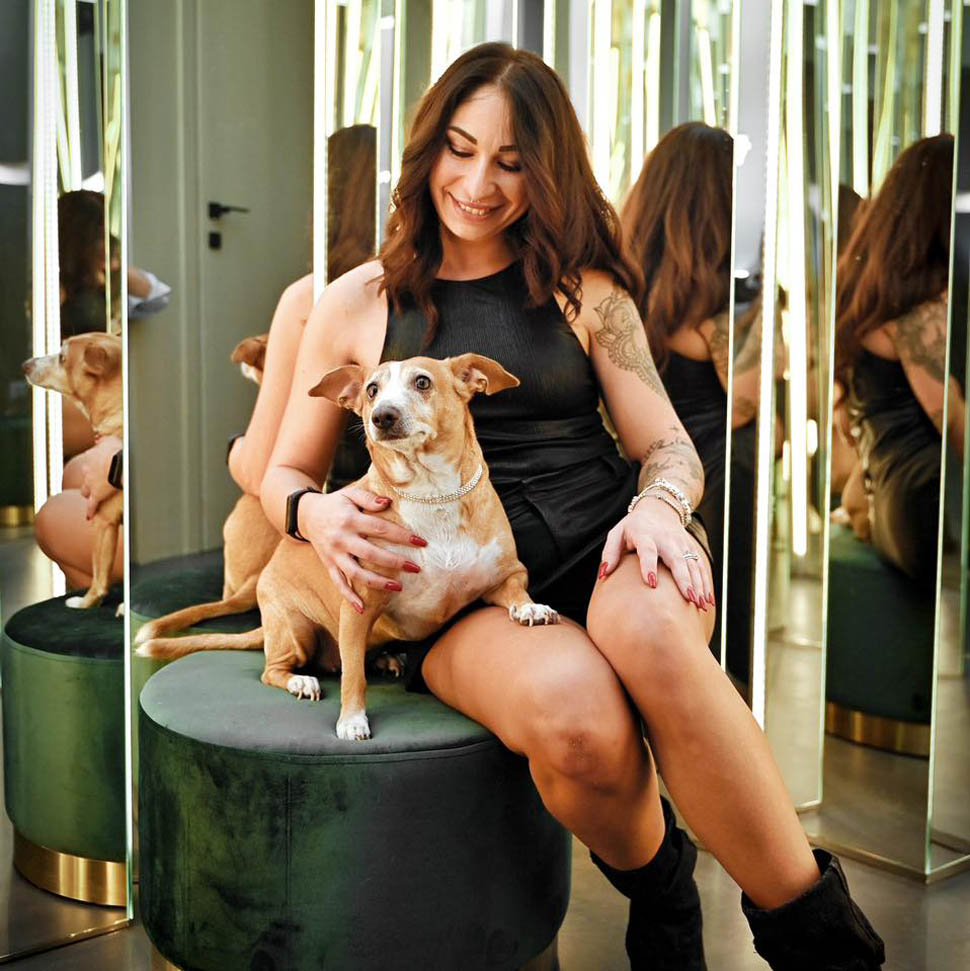
The solution? Opt for establishments declared pet-friendly, increasingly common in large cities. In Rome, the first gourmet restaurant for dogs in Italy has recently opened: it's called Fiuto, has two formulas (one dedicated to four-legged friends, with delicious nutritionally balanced bowls, the other to owners), and can count on the support of professional trainer Luca Grammatico, ensuring a serene atmosphere in common spaces. Lights and music? Specially designed to promote Fido's relaxation (and ours!).
